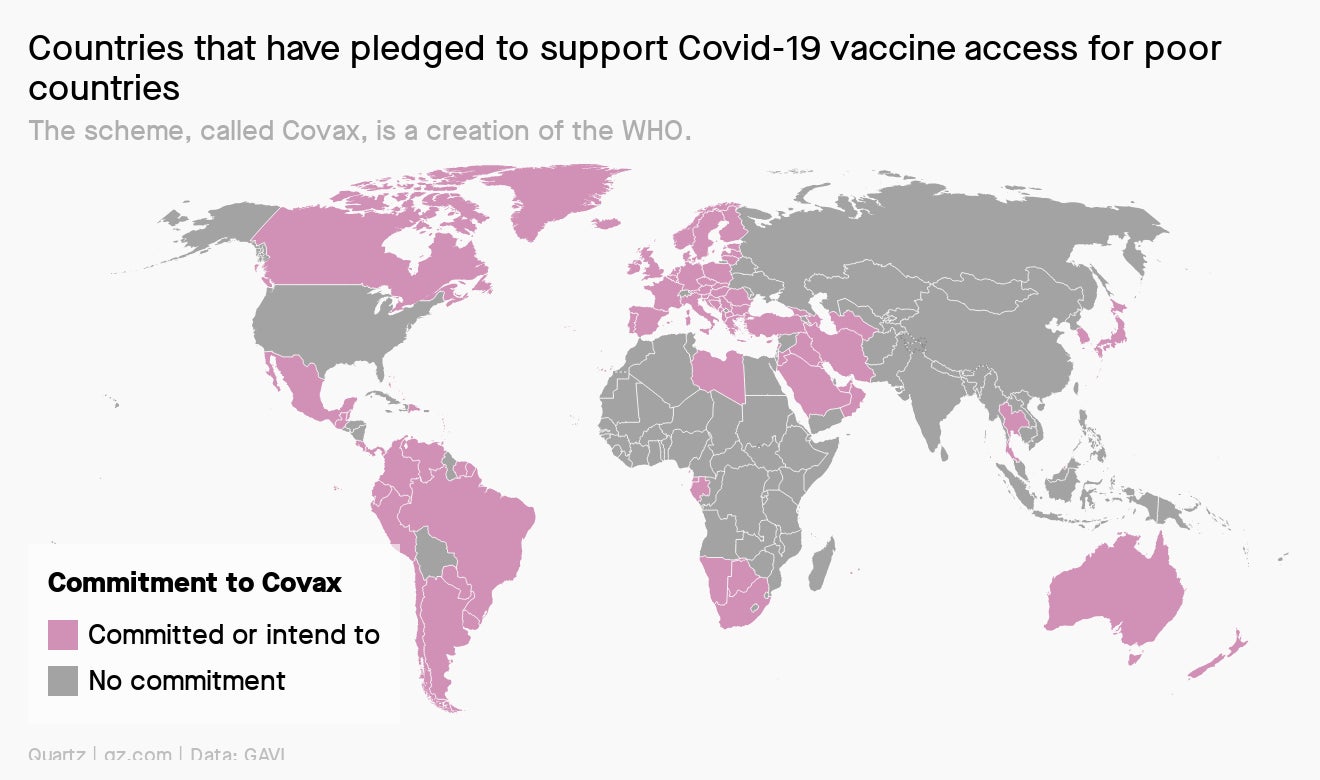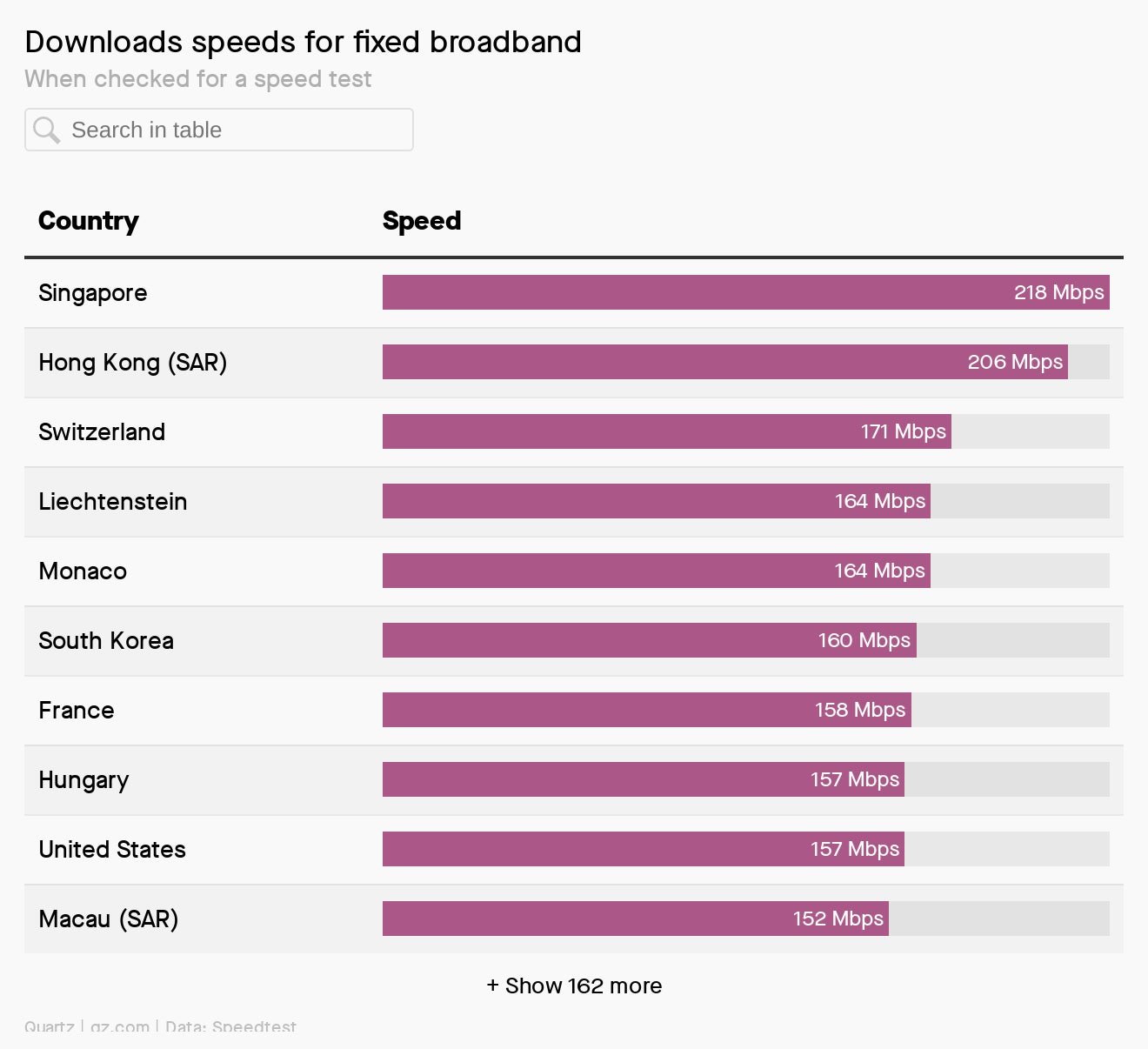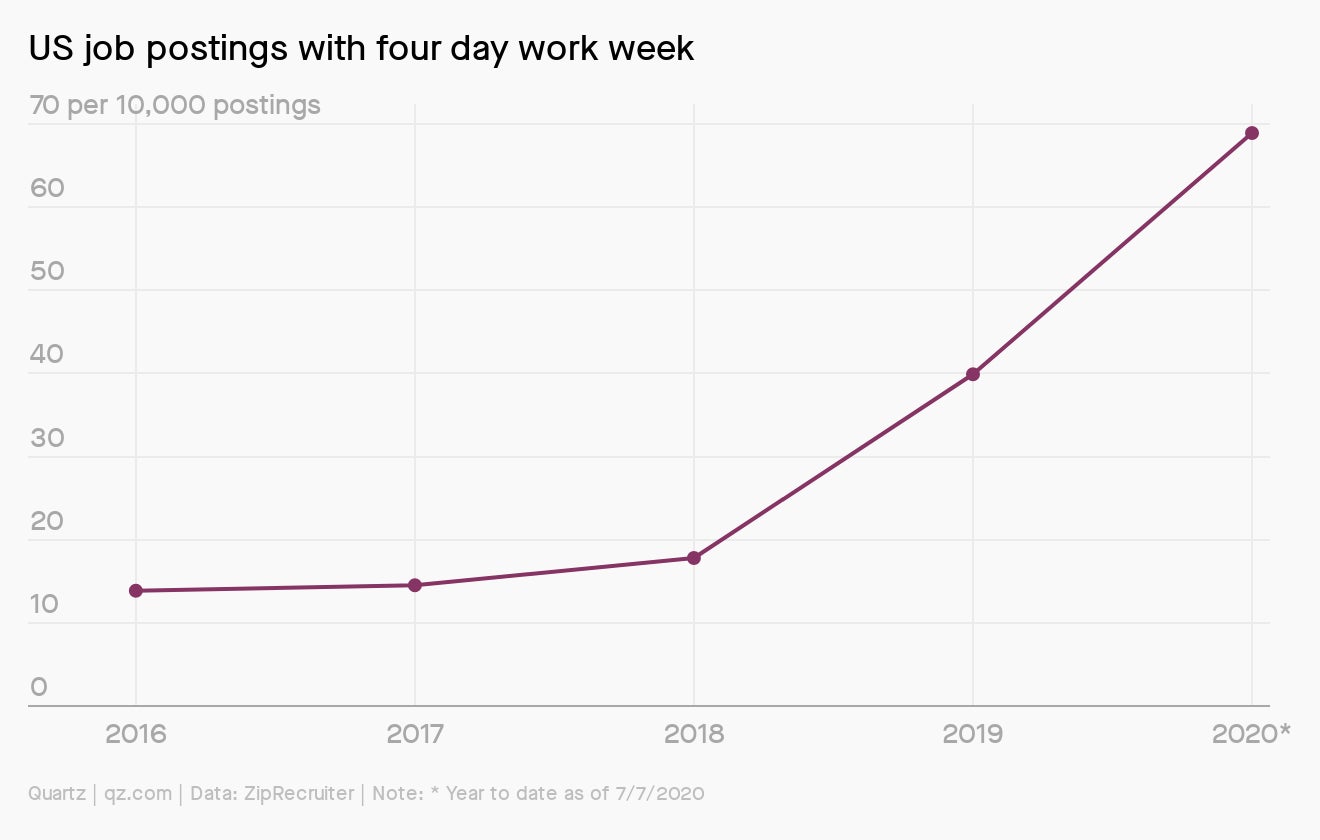Tesla underwhelms, SCOTUS in the dock, ancient footprints
Good morning!

Good morning!
Thank you for reading the Quartz Daily Brief. We love delivering you the news and we also think that you might enjoy getting in on the fun. That’s why we are psyched to announce a new referral program. Help sign up friends, family, and coworkers to receive the Quartz Daily Brief and receive our eternal thanks—plus some pretty cool rewards.
Here’s what you need to know
Investors are unimpressed with Tesla’s “battery day.” The company suffered a $50 billion drop in value after founder Elon Musk put on a show and unveiled, if that’s the right word, plans for a cheaper battery and a $25,000 car—in three years’ time.
JPMorgan is moving $230 billion from the UK to Germany. The US financial services giant becomes one of the biggest banks in Germany (paywall) and leaves a large hole in London—the shifting of assets is a direct consequence of Brexit.
Louisville is in a state of emergency. Kentucky’s attorney general Daniel Cameron is expected to announce soon whether he’ll charge the police officers who killed a Black woman, Breonna Taylor, in a botched raid on her home earlier this year. Mayor Greg Fischer imposed the measure “due to the potential for civil unrest” in the city.
Doctors in Germany discharged Alexei Navalny. The Russian dissident is now well enough to walk out of the Berlin hospital where he’s been treated for several weeks. Backed by lab findings in Germany, Sweden, and France, Navalny says he was poisoned with the nerve agent Novichok. Russia denies any involvement.
Bo knows online retail. Nike shares took off in extended trading after the sports giant reported quarterly earnings for June-August that saw digital sales expand by 82%. China’s recovery has played a major role in the company’s comeback.
Nearly 400 stranded whales have died in Australia. Rescuers who had been trying to save hundreds of whales on the Tasmania coast discovered another large pod nearby. They’ve only managed to keep around 50 alive, and are working on the remaining 30.
On the docket for SCOTUS
With or without a replacement for justice Ruth Bader Ginsburg, the US Supreme Court has a full slate this term. Here’s what we’re tracking:
⚖️ These are the five big issues the court will be deciding on…
🏭 …plus a case with major implications for the climate debate.
🟥🟦 Is there any hope for a less partisan court?
Mapping global vaccine cooperation
On Sept. 21, Gavi, the Vaccine Alliance, announced progress on its fund to ensure equitable distribution of Covid-19 vaccines across the globe. As of now, 64 countries have contributed some $700 million, and 34 are expected to commit in the coming weeks.
Noticeably absent are the US, China, and Russia—all home to companies with Covid-19 vaccines in development.

SUPERCHARGE YOUR HOME OFFICE

Obsessing over internet speed used to be a niche sport. Idle bros bragging about their Ookla speed readings as a “yardstick of virility,” gamers trading tips on how to reduce their ping rate, and geopolitics wonks fretting over global internet connection rankings.
But the pandemic-induced rise of remote working and homeschooling has added real stakes to the contest for bandwidth.
As part of our latest field guide, we offer tips on how to design your home office for happiness, meaning, and efficiency including supercharging your wifi. Once you’ve optimized your configuration, check out our interactive chart to see how your download speed compares to the rest of the world. If you’re not yet a Quartz member, please consider subscribing today.

Obsession interlude: Future of work
Now, just because you’ve got fast internet and a perfect home office doesn’t mean you have to spend all your time there. Once considered a niche perk, the four-day work week is slowly but surely gaining traction in the US.
Recent data from jobs marketplace ZipRecruiter showed that 69 of every 10,000 postings currently offer four-day work weeks. It’s a tiny number, but up significantly from just 40 in 2019.
In the current climate, a shorter work week is one way for companies to cut costs without layoffs. But it isn’t just employees who benefit: Condensed work weeks can reduce the burden of childcare, boost productivity, and give people more time to spend with family. At least that’s what we keep telling management.

Keep up with the rest of our Future of Work obsession.
Surprising discoveries
120,000-year-old footprints were found in Saudi Arabia. They might be human.
Take a break, visit a national park, but also do some work. Japanese parks have upgraded internet access and created workstations for anyone who really can’t leave the office.
Bridgewater employees have been working in tents. Only about 50 of the hedge fund’s workers can fit in the makeshift outdoor offices.
A Chinese city ordered its taxi drivers to remove their tattoos. Lanzhou officials said the ink could be distressing to passengers.
Denmark has a garbage problem. In order to burn enough trash to power its plants, it imports waste from other countries, increasing CO2 emissions as a result.
Our best wishes for a productive day. Please send any news, comments, a work tent, and face tattoo ideas to [email protected]. Get the most out of Quartz by downloading our iOS app and becoming a member. Today’s Daily Brief was brought to you by Hasit Shah, Max Lockie, and Liz Webber.